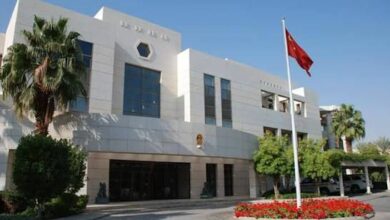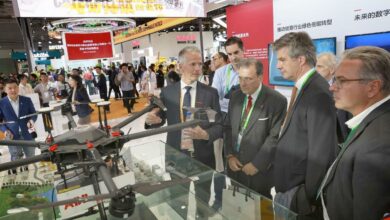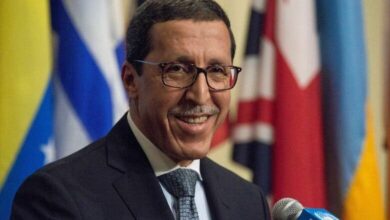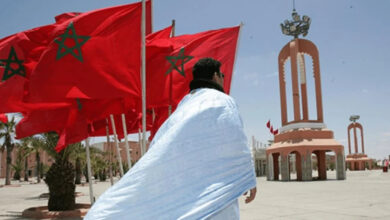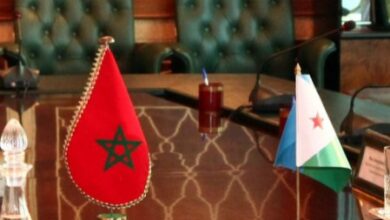Morocco and China: A Rising Strategic Partnership That Surpasses Traditional Alliances and Redraws the Balance of Power in North Africa
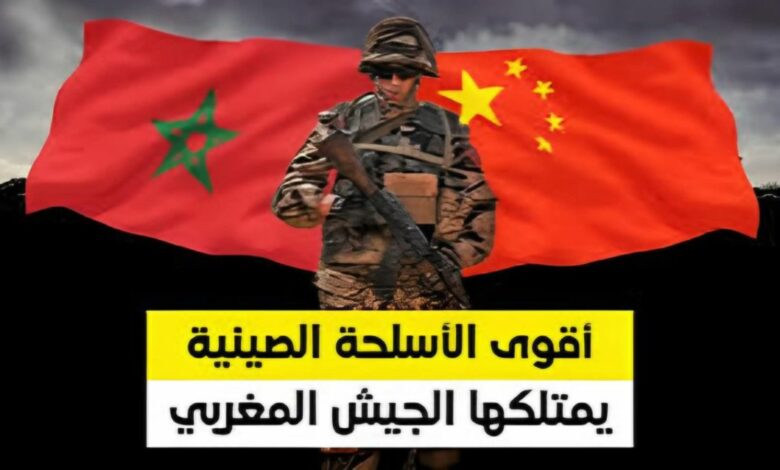
ALDAR / Analysis
Morocco continues to strengthen its position as a regional power by forging robust strategic ties with major global powers, foremost among them the People’s Republic of China. This partnership, which is growing steadily and quietly, has gone beyond the economic and investment framework to encompass vital sectors such as armament and technology—at a time when Algeria’s military regime is losing its footing amid outdated strategic dependency and crumbling alliances.
Morocco has demonstrated an ability to shape a dynamic foreign policy based on diversifying its partnerships rather than relying on a single power. This approach has placed the country in a strong negotiating position even with global giants like China, which was historically closer to Algeria. However, thanks to its political stability and clear developmental vision, Rabat has succeeded in attracting Chinese investments across multiple sectors—from infrastructure and advanced industries to the sensitive field of defense.
For instance, the Moroccan military is now equipped with advanced Chinese systems, including the AR2 and PHL-03 multiple rocket launchers, along with air defense and surveillance systems. These assets reflect the growing confidence Beijing places in Morocco as a reliable partner capable of leveraging modern technology within a balanced strategic framework. This qualitative shift is reshaping the power dynamics in North Africa and shows how Morocco has moved beyond traditional diplomatic barriers, unlike an increasingly isolated Algeria under a military leadership stuck in outdated calculations.
Economically, joint projects between Morocco and China represent a genuine engine for development. Among these is the Mohammed VI “Tangier Tech” City project, a model of South-South cooperation and an ambitious gateway to transforming Morocco into a regional industrial hub. The partnership also extends to renewable energy, transportation, and telecommunications, giving the Moroccan economy new dimensions in terms of competitiveness and integration into global supply chains.
In contrast, Algeria’s military regime continues to pursue a strategy centered on militarization and single-source armament acquisition, lacking a comprehensive economic vision and amid growing internal repression and a collapse of trust between the state and society. Algeria’s heavy reliance on Russian arms—at a time when Moscow is facing significant challenges due to Western sanctions and its ongoing war in Ukraine—highlights the limited and outdated strategic choices of the ruling regime.
What sets Morocco apart today is not only the diversity of its partners, but its ability to turn each partnership into a comprehensive strategic lever—economically, militarily, and diplomatically. Rabat does not accumulate weapons for show or prestige but integrates them into a holistic security vision that takes into account regional shifts and the demands of smart defense. This approach has made the Moroccan army one of the most professional and balanced in Africa, unlike its eastern neighbor, which is embroiled in an arms race devoid of strategic foresight.
The Morocco-China partnership today is not just a passing diplomatic move—it is a sign of Rabat’s openness to a multipolar world and its readiness to benefit from major global experiences, provided that these partnerships respect Morocco’s sovereignty and strategic choices.
In this context, Morocco appears well-positioned to expand its strategic autonomy and affirm its status as a key player in the geopolitics of both Africa and the Arab world.

